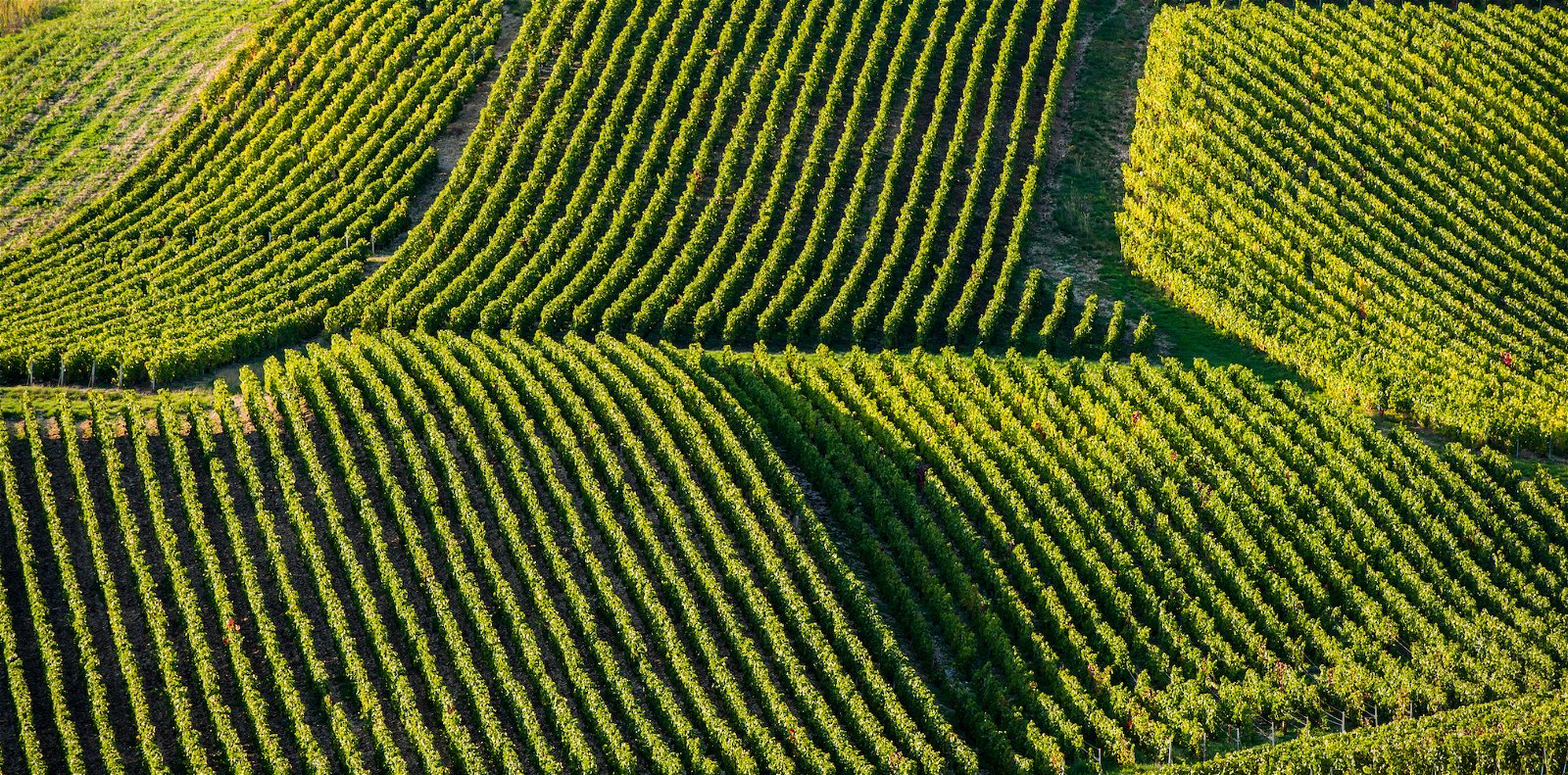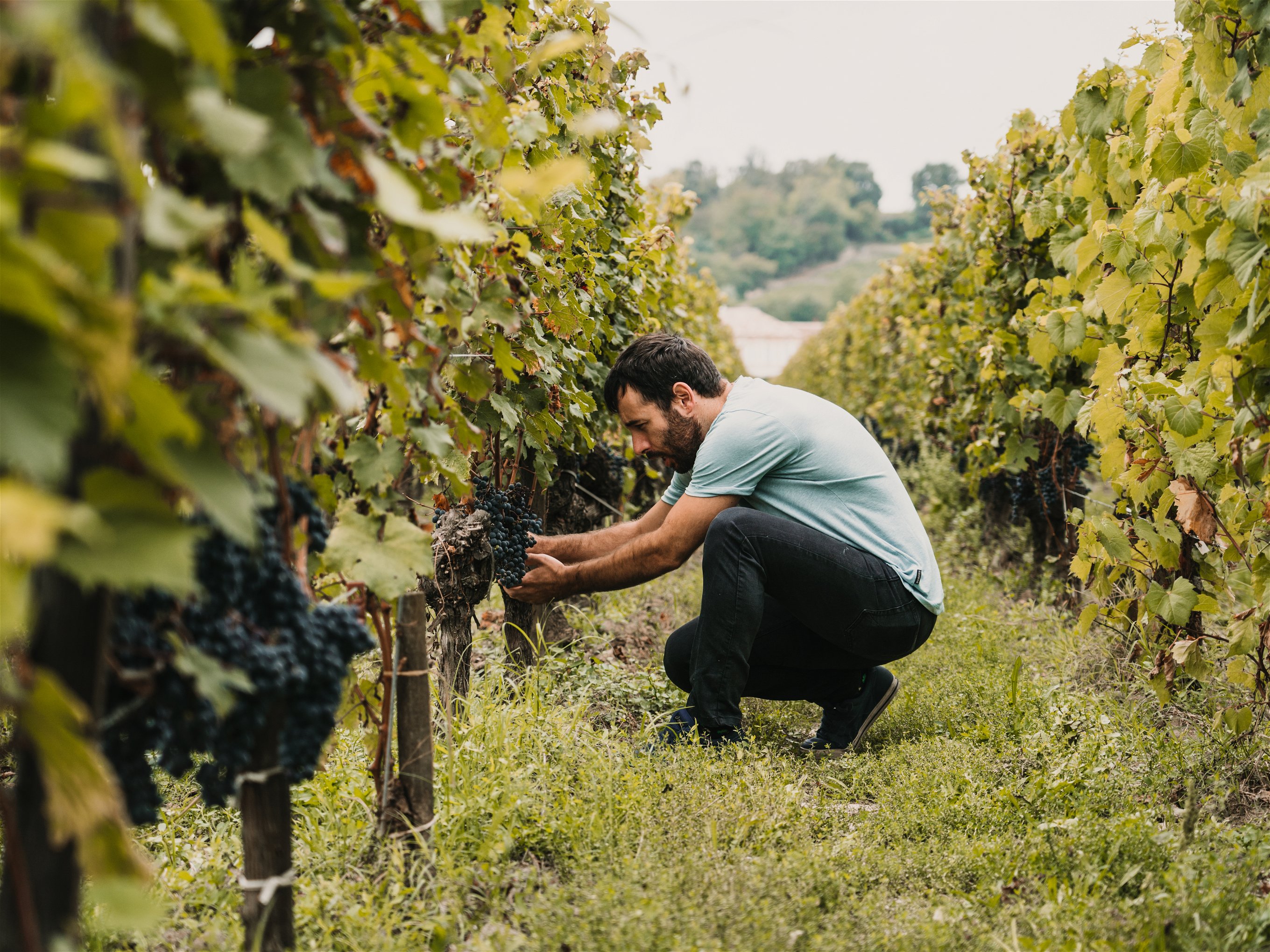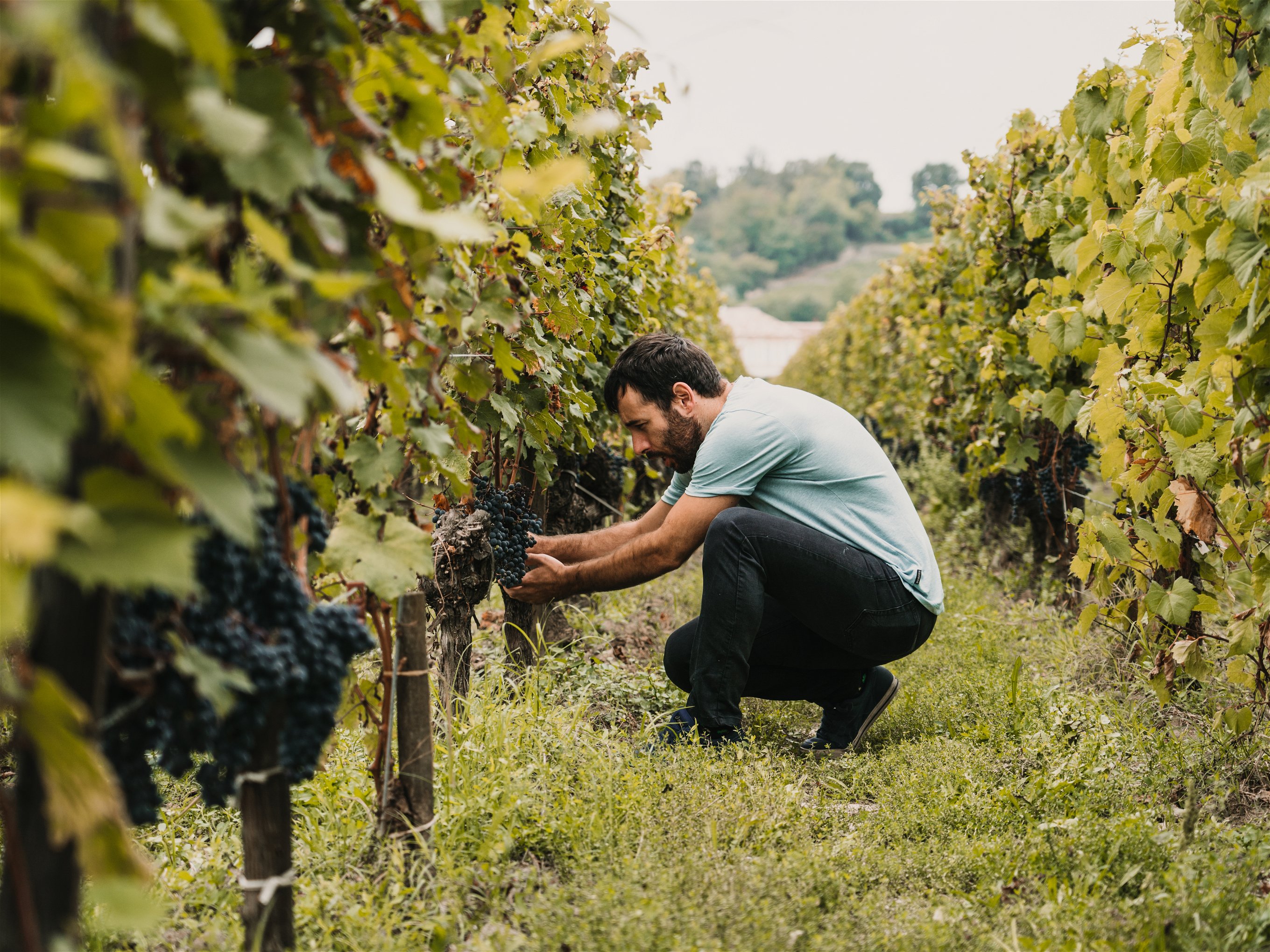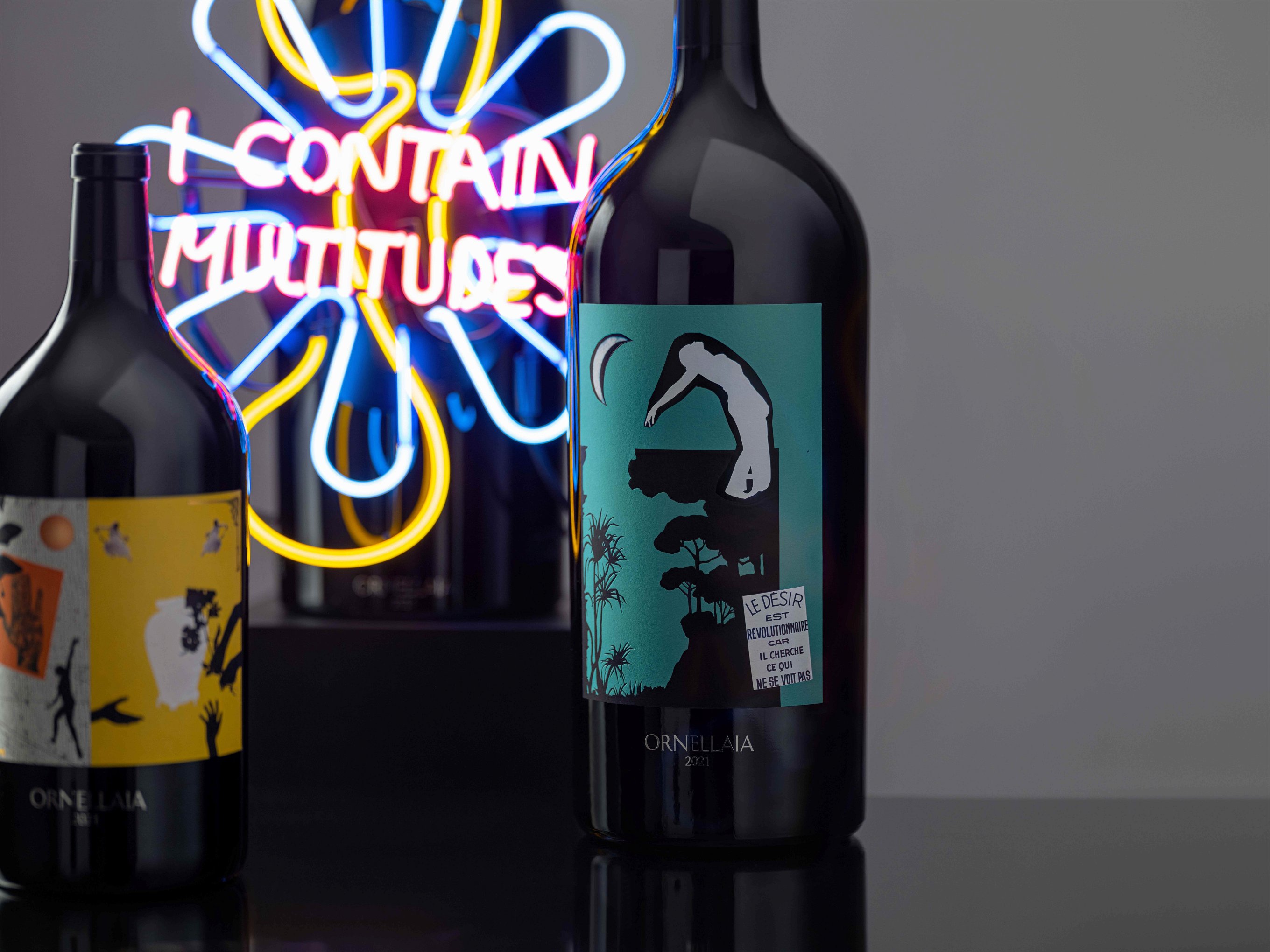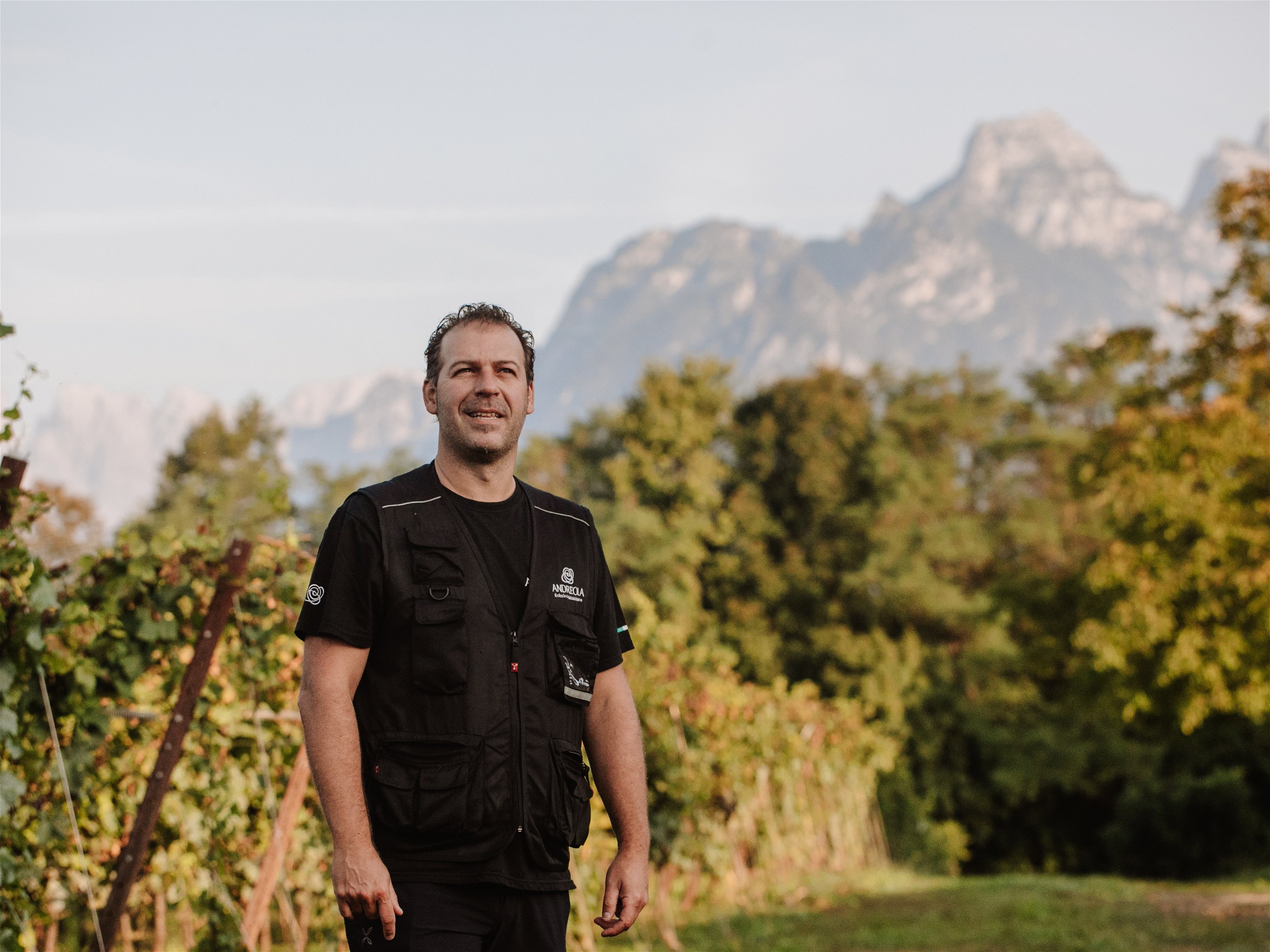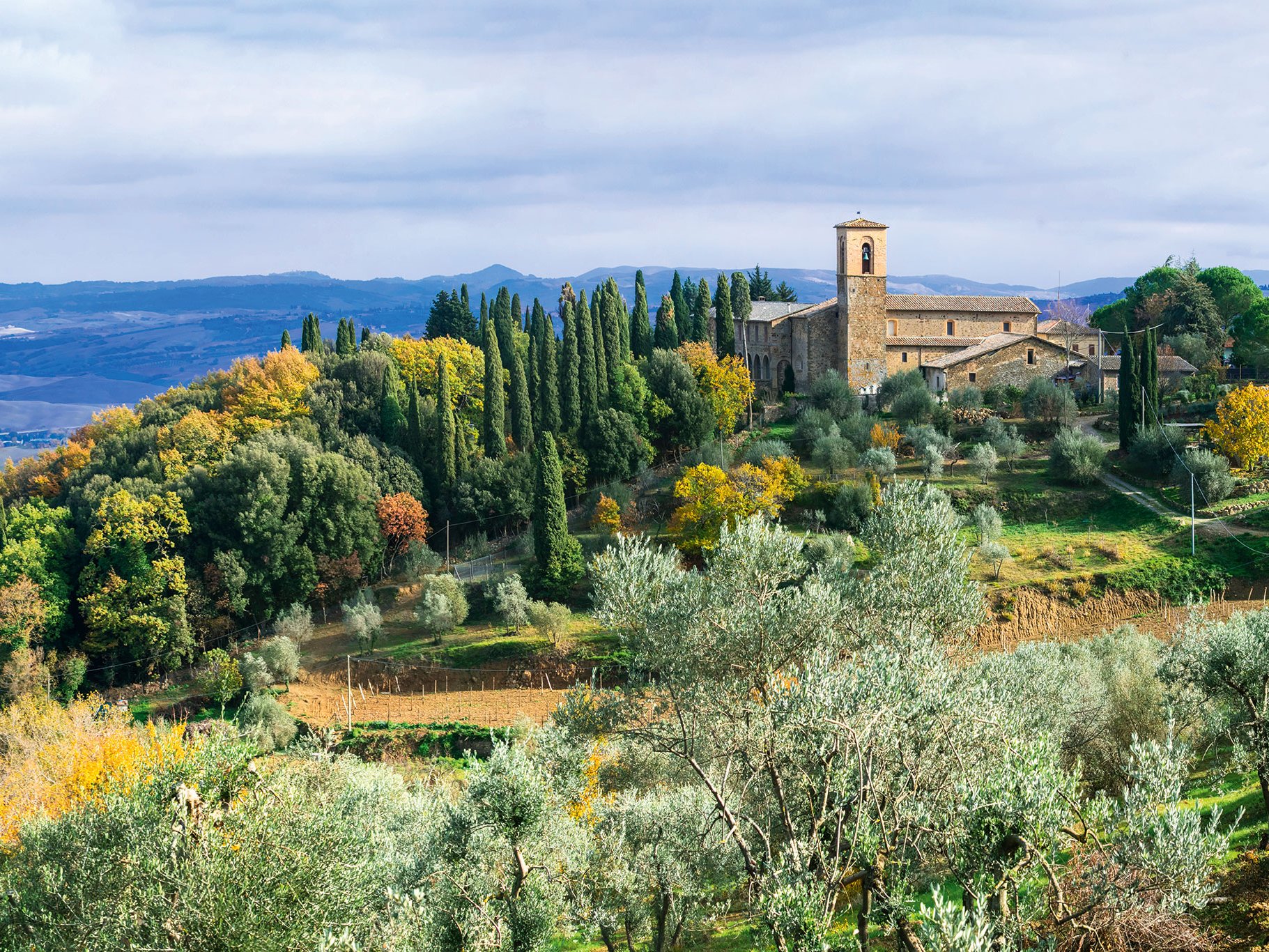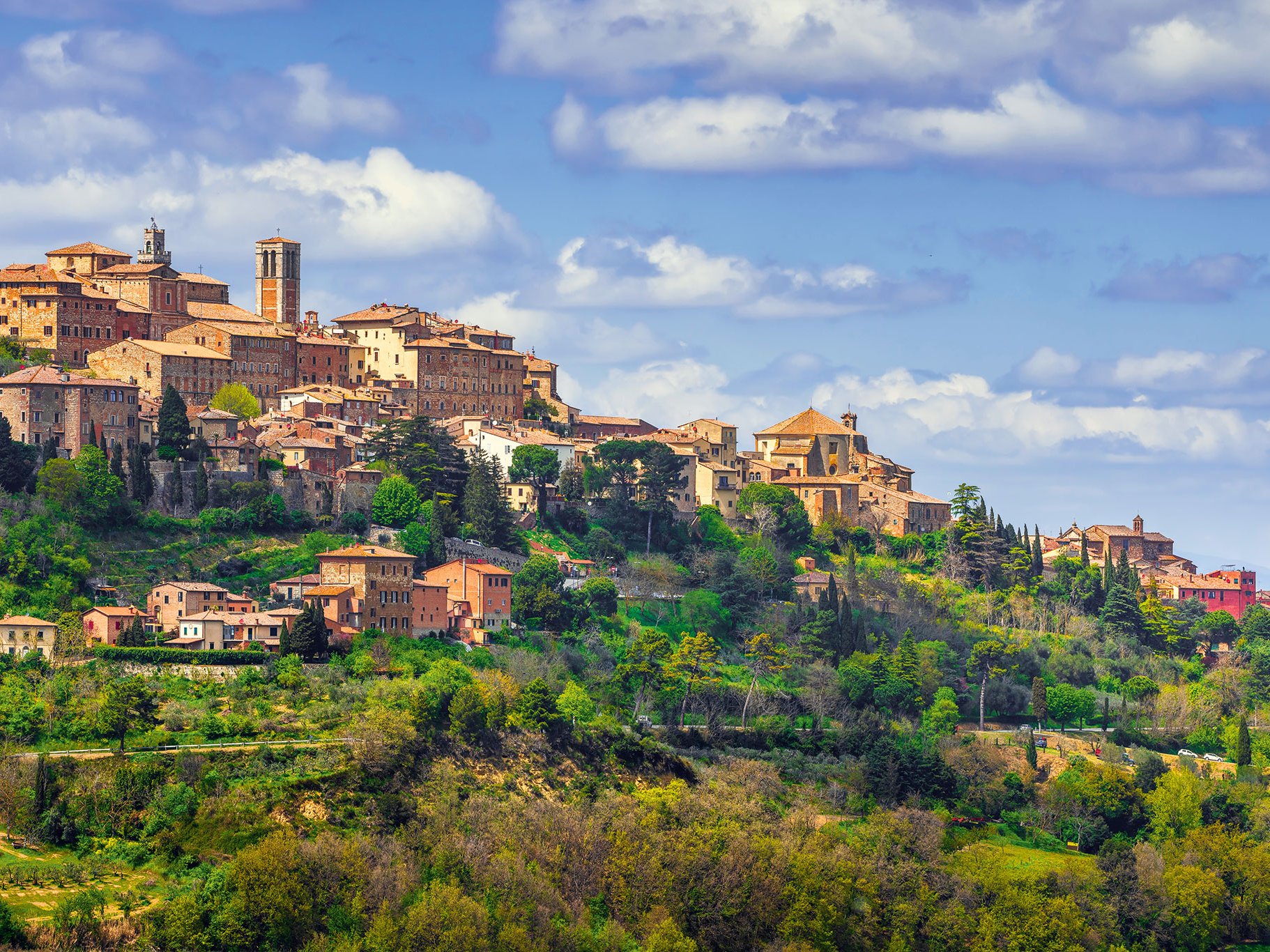Bulgaria is one of the oldest wine-growing countries in Europe. Once part of Thracia, both Homer and Athenaeus wrote about wine from this ancient, pre-Christian civilisation. Over the millennia, viticulture has experienced a very changeable history. In 1947 the Communists came to power; they nationalised the land, broke up the structure of small-scale winegrowers and merged the vineyards into huge cooperatives that also produced fertilisers and pesticides amongst other things. Most of the production was exported abroad more or less in bulk, much of it to Russia and the UK. With the advent of democracy in the new Republic of Bulgaria, these strategies were slowly reversed; some of the vineyards were privatised or returned to their original owners. However, the Bulgarian economy was poor and exports to Russia were severely hampered by Gorbachev's anti-alcohol campaign. Since accession into the EU in 2007, there has been a marked improvement in quality, and the country is beginning to discover its potential. Approximately 150,000 hectares are under vine, although this includes grapes grown for raisin and juice production. The warm and dry climate, tempered by the Black Sea to the east, promises good conditions. Today, viticulture is spread over five large areas, the largest of which is the Thracian Lowlands.
